Atara Cohen, an undergraduate student in Land of Israel Studies and Archaeology, spoke about her experiences, not only with the other students, but also when meeting Arab and Druze Israelis in their own communities, something she hadn’t had the opportunity to do prior to this program.
Why did you decide to participate in this program?
I heard that students from Canada were visiting Israel and wanted to learn about Israeli society and the conflicts we face. I thought that it would be important and interesting for them to understand. I wanted to be a part of this and to give my point of view. Besides this, I wanted to meet them and hear their points of view and thoughts.
What were some of the highlights of the program for you – classroom and study tours? What was valuable or rewarding? What did you enjoy the most?
In one of the classes, they had an activity called “Sorry for the Question.” It was an opportunity for the Canadian students to ask us, the Israelis, hard questions anonymously and for us to be open with our opinions about stuff that happens in our country. It was a cool discussion between everybody and was really special.

All the people we met at all the places we went were very nice and wanted to be a part of our group. They were all curious and friendly. The people we met at Sakhnin (an Arab city in the Lower Galilee) and Daliat el-Carmel (a Druze town located on Mount Carmel in the Haifa District) made us feel very welcome. They really wanted us to hear their stories and points of view.
When we went to Yad Labanim, the IDF memorial for Druze soldiers, in Daliat el-Carmel and met Nabil from the Druze community, I felt like this was a very important meeting, I believe that the Druze people need to be heard in this program. Nabil was a very impressive man and answered complicated questions very generously and openly about Israel and his community.
I wouldn’t have experienced these places by myself or during my regular studies, so it was special. I don’t think we meet with the Arabic societies enough in Israel.
Do you believe this program has changed people’s views about Israel?
I love the fact that now I feel like I have partners across the world, who are not jumping to conclusions about what is happening in Israel because of what is said in the media. I’m happy to know that people think it’s important to understand the complicated picture of what is going on here and I hope it will reach more and more people across the world.
Is there anything else you’d like to say about this program and your experiences?
I think this is an important and exciting program. It included very significant meetings with many groups inside the Israeli society, not only Jews. I also liked that I could bring myself into the program and share what was interesting for me. For example, when we did a tour at the Tel Abu Shusha excavation site (just north of Megiddo), I could explain about archaeology and its meaning in Israel and for me.
Contact Us for More Info
Leave your details and we’ll get back to you soon


